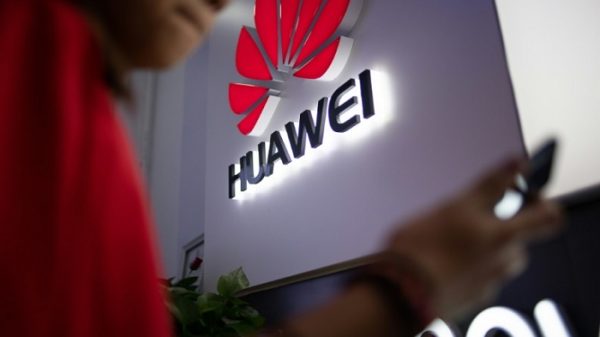Huawei in public test as it unveils sanction-hit phone

Shawdesh Desk:
Chinese tech giant Huawei launches its latest high-end smartphone in Munich on Thursday, the first that could be void of popular Google apps because of US sanctions.
Observers are asking whether a phone without the Silicon Valley software that users have come to depend on can succeed, or whether Huawei will have found a way for buyers to install popular apps despite the constraints.
The company has maintained a veil of secrecy over its plans, set to be dropped at a 1200 GMT press conference revealing the Mate 30 and Mate 30 Pro models.
Huawei, targeted directly by the United States as part of a broader trade conflict with Beijing, was added to a “blacklist” in Washington in May.
Since then, it has been illegal for American firms to do business with the Chinese firm, suspected of espionage by President Donald Trump and his administration.
As a result, the new Mate will run on a freely available version of Android, the world’s most-used phone operating system that is owned by the search engine heavyweight.
OS wars, round three
While Mate 30 owners will experience little difference in the use of the system, the lack of Google’s Play Store — which provides access to hundreds of thousands of third-party apps and games as well as films, books and music — could hobble them.
Household-name services like WhatsApp, Instagram and Google Maps will be unavailable.
The tech press reports that this yawning gap in functionality has left some sellers reluctant to stock the new phones, fearing a wave of rapid-fire returns from dissatisfied customers.
Huawei president Richard Yu said at Berlin’s IFA electronics fair this month that his engineers found a “very simple” way to install the hottest apps without going via the Play Store.
Huawei could offer its own app store in a preliminary version, setting itself up as a competitor to the dominant Apple and Google offerings, observers speculate.
Over the longer term, the company could build out a similar “ecosystem” of devices, apps and services as the Silicon Valley companies that would bind users more closely to it.
The world’s second-largest smartphone maker after Samsung, Huawei earlier this month presented its proprietary operating system HarmonyOS, a potential replacement for Android.
The Mate 30 will not yet have HarmonyOS installed.
But it could make for a new round in the decades-old “OS wars” between Microsoft’s Windows and Apple’s Mac OS, then Android versus Apple’s iOS.
Meanwhile, Eric Xu, current holder of Huawei’s rotating chief executive chair, has urged Europe to foster an alternative to Google and Apple.
That could provide an opening for Huawei to build up Europe’s market of 500 million well-off consumers as a stronghold against American rivals.
“If Europe had its own ecosystem for smart devices, Huawei would use it… that would resolve the problem of European digital dependency” on the United States, Xu told German business daily Handelsblatt.
He added that his company would be prepared to invest in developing such joint European-Chinese projects.























Leave a Reply